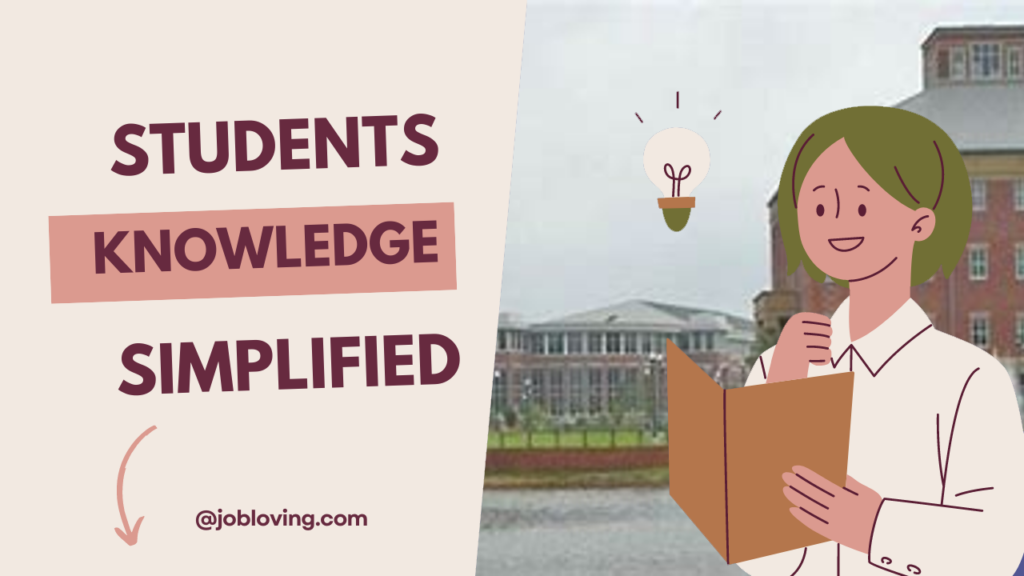Georgia Southern University is an inviting academic haven that draws in a bustling crowd of over 20,000 students, with more than 5,000 of them nestled comfortably within the embrace of University Housing. This vibrant population brings together a dynamic mix of cultures and backgrounds, creating a hub of shared experiences that truly enhances the college journey.
When it comes to first-year students, Georgia Southern sets a standard that promotes community and learning. These eager learners are required to live on campus unless they qualify for specific exemptions. Why? Because living on campus fosters friendships and creates a supportive environment where students bond over shared experiences. Think about it: tradition, late-night study sessions, or simply grabbing a quick bite after class really builds those connections.
But the perks don’t stop at friendship. Having a roommate teaches invaluable life skills, such as conflict resolution and learning to compromise, which come in handy later in life. Moreover, students who choose campus living often unlock greater academic success. Picture this: easy access to tutoring sessions, study rooms, and resources tailored to their academic needs, all nestled within the residence halls.
Many residence halls specifically cater to first-year students, offering that extra layer of academic support. And let’s face it; living on campus can often be more wallet-friendly. With all-inclusive fees covering utilities, internet, cable, and even laundry, this arrangement simplifies budgeting for both students and their families.
Not only does campus living keep students in the loop about leadership roles and exciting campus events, but it also encourages them to step into governance roles. They learn to manage their time effectively as they balance academics and involvement in student life. Proximity to classes and events ensures that students are not just learning but also actively engaging with their community.
In terms of safety, Georgia Southern has student security at the forefront of campus living. With 24-hour locked hall entrances and active police patrols, students can feel secure in their home away from home. Research consistently shows that those who live on campus tend to graduate at higher rates and participate more in extracurricular activities.
On-campus living translates to a higher satisfaction level with the college experience, and it maximizes the value of tuition and fees. By enhancing social connections and encouraging students to tap into academic resources, Georgia Southern’s residence halls pave the way for both academic achievement and personal growth.
Ultimately, campus living at Georgia Southern offers the perfect blend of independence and support. It’s not just about having a place to sleep; it’s about growing, learning, and thriving in a nurturing environment that sets the stage for a remarkable college experience.
What are the benefits of living on campus for first-year students at Georgia Southern?
Living on campus fosters friendships and creates a supportive community among students with shared experiences. It also enhances academic performance due to access to in-hall tutoring and resources, while promoting personal growth through independence and support systems.
How does on-campus living impact academic success and engagement?
Research indicates that students living on campus are more likely to graduate and participate in extracurricular activities. The proximity to classes and events, along with available academic resources, encourages higher engagement and better grades.
In what ways does campus housing contribute to personal development?
Campus housing encourages the development of vital life skills such as conflict management and compromise through roommate experiences. Additionally, it provides opportunities for leadership roles and involvement in governance, fostering personal growth.
How does living on campus affect students’ overall college satisfaction?
Students living on campus report higher satisfaction levels with their overall college experience compared to those living off-campus. The combination of community support, academic resources, and convenient access to campus activities enhances their college journey.

